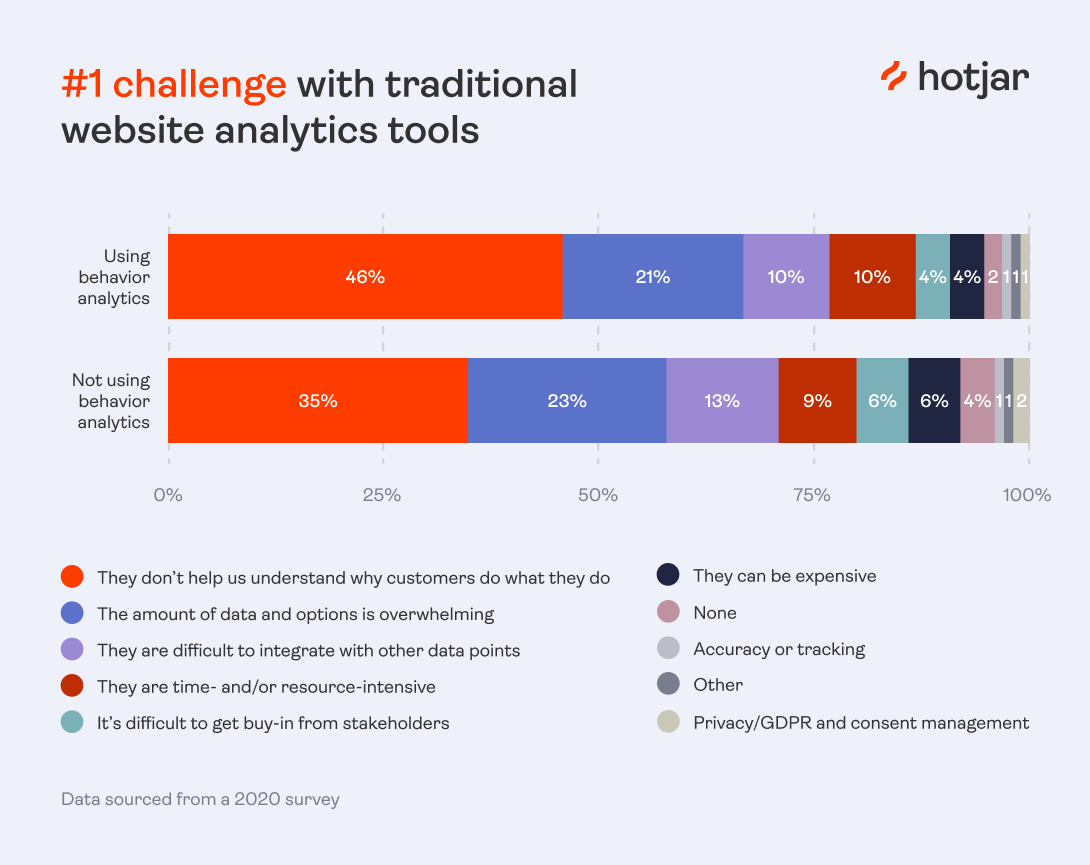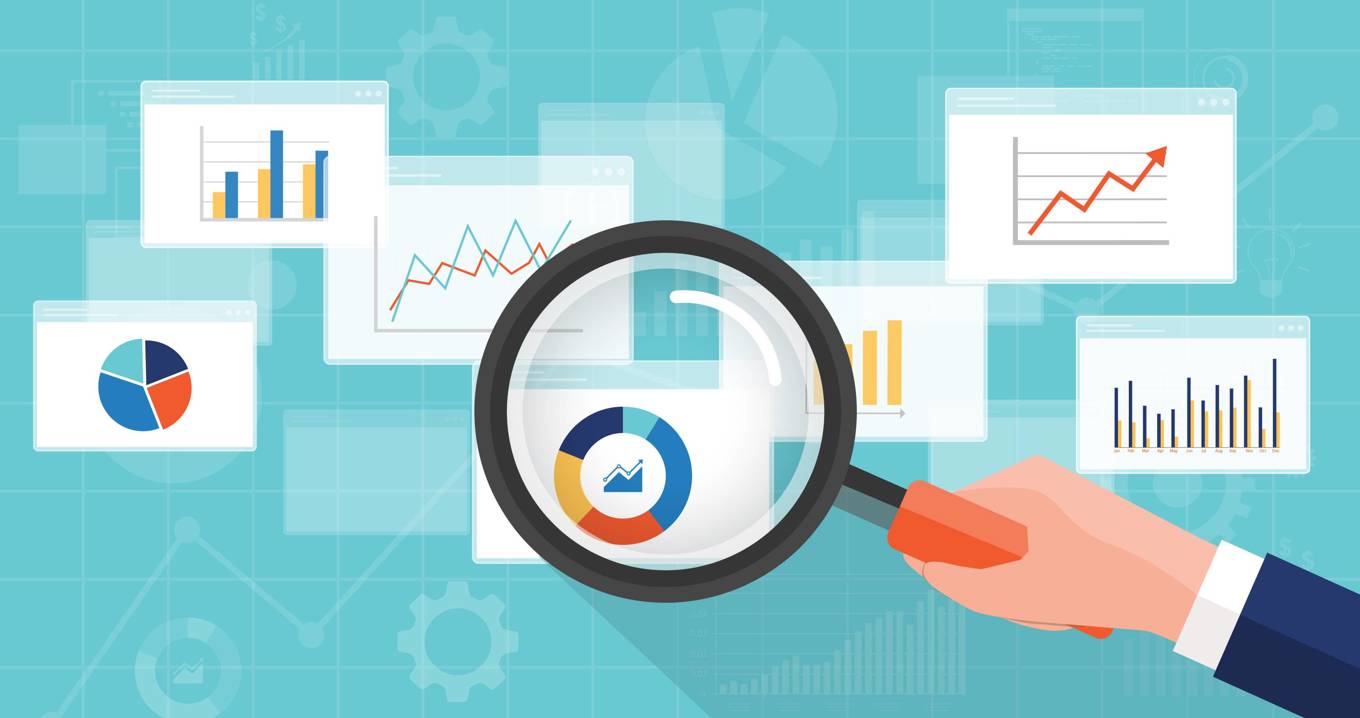Boost Decision-Making Power With Reliable Analytics Devices
Boost Decision-Making Power With Reliable Analytics Devices
Blog Article
Make Best Use Of Development: How Analytics Drive Better Strategies
By utilizing information understandings, businesses can fine-tune their functional approaches, anticipate market modifications, and boost customer engagement. The difficulty lies not just in accumulating information however in properly interpreting it to drive tangible results.
Comprehending Information Analytics
Information analytics is an organized computational evaluation of data that makes it possible for companies to reveal meaningful patterns and insights. This procedure includes a range of methods, consisting of analytical evaluation, anticipating modeling, and information mining, which jointly aim to transform raw data into actionable information - Analytics. By employing these approaches, organizations can make informed decisions that are rooted in empirical proof instead than instinct alone
The structure of information analytics depends on its capability to deal with large amounts of information from diverse resources. This consists of structured data, such as databases, and disorganized information, consisting of social networks interactions and customer responses. Via making use of specialized software program and tools, analysts can remove and refine this data efficiently, identifying fads and connections that may not be right away obvious.
Comprehending information analytics additionally includes acknowledging the importance of information top quality and stability. Accurate and reliable data is crucial for purposeful analysis; thus, companies should implement durable data administration methods. Furthermore, the repetitive nature of analytics permits continuous improvement and improvement of approaches, making sure that organizations stay agile despite changing market characteristics and consumer habits.
Key Advantages of Analytics

Among the key benefits of analytics is its capability to supply workable understandings. Organizations can promptly assess large amounts of data, uncovering patterns that might not be right away apparent. This helps in preparing for market changes and adjusting approaches appropriately. Furthermore, analytics promotes a society of evidence-based decision-making, minimizing dependence on intuition and guesswork.
An additional substantial benefit is improved customer understanding. Analytics tools make it possible for organizations to sector their target market, track consumer behavior, and individualize advertising and marketing efforts. This targeted method not only boosts client engagement but additionally drives greater conversion rates.

Implementing Analytics Strategies
To completely understand the advantages of analytics, companies must embrace organized techniques for execution. This starts with plainly specifying goals that straighten with wider organization goals. By developing specific, measurable end results, companies can focus their analytics efforts on locations that produce the highest roi.
Following, organizations ought to focus on information governance to guarantee the stability and security of the data being evaluated. This entails establishing protocols for data collection, storage space, and gain access to while sticking to pertinent regulations. Guaranteeing high-grade information is essential for producing purposeful understandings.
In addition, fostering a culture of data-driven decision-making is important. This needs training workers to translate analytics searchings for and motivating partnership throughout departments. When groups comprehend the value of analytics, they are more probable to integrate insights into their daily operations.
Last but not least, companies need to regularly assess and improve their analytics approaches. The landscape of information and innovation is constantly developing, and staying versatile will certainly enable organizations to leverage brand-new devices and approaches efficiently. By implementing these organized methods, organizations can make the most of the impact of their analytics campaigns and drive sustainable Going Here growth.
Devices for Reliable Evaluation
Efficient evaluation relies upon a variety of devices that assist in the extraction of understandings from data - Analytics. These tools can vary from easy spreadsheet applications to advanced device finding out systems, each serving an one-of-a-kind function in the logical process
Information visualization software, such as Tableau and Power BI, plays a crucial function in changing complex datasets right into reasonable graphical depictions. These tools allow experts to identify patterns and patterns promptly, permitting even more enlightened decision-making.
Statistical analysis software program, like R and SAS, offers sophisticated abilities for performing extensive analyses, consisting of regression, theory screening, and predictive modeling - Analytics. These functions equip companies to attract meaningful final thoughts from their data, recognizing possible opportunities and risks
Additionally, data source administration systems such as SQL and NoSQL data sources provide the required facilities for keeping and quizing huge quantities of information successfully. They ensure that data is organized and accessible for analysis.
Lastly, company intelligence platforms integrate various data sources, providing an extensive view of organizational performance. By utilizing these devices properly, organizations can boost their logical capacities, allowing them to develop methods that make the most of growth and improve overall performance.
Study of Success
Effective organizations commonly take advantage of data analytics to drive impactful techniques, as try these out evidenced by numerous remarkable situation research studies. One prominent instance is Netflix, which makes use of advanced algorithms to assess visitor preferences and behavior. By using these understandings, Netflix has successfully customized its content referrals, resulting in increased customer interaction and subscriber retention. Their data-driven strategy has certainly added to their condition as a leading streaming service.

Furthermore, Starbucks uses information analytics to determine optimal store places and fine-tune its item offerings. By analyzing consumer demographics and buying patterns, Starbucks efficiently identifies high-potential markets and tailors its food selection to neighborhood preferences, driving sales and client loyalty.
These study show that efficient application of information analytics can bring about strategic advantages, fostering technology and development within organizations across different markets.
Final Thought
In conclusion, the assimilation of analytics right into organizational approaches substantially enhances decision-making procedures and promotes sustainable development. The effective execution of analytics tools further sustains agility and technology, allowing companies to navigate affordable landscapes with higher accuracy.
Data analytics is an organized computational analysis of information that allows companies to discover purposeful patterns and insights.Recognizing data analytics additionally involves identifying the importance of information quality and stability. Dependable and exact data is crucial for purposeful analysis; thus, organizations must implement robust information administration methods.Following, companies ought to focus on information administration to guarantee the honesty and security of the data being assessed.Successful organizations commonly leverage data analytics to drive impactful techniques, as shown by numerous notable situation research studies.
Report this page